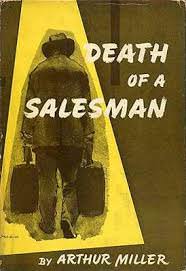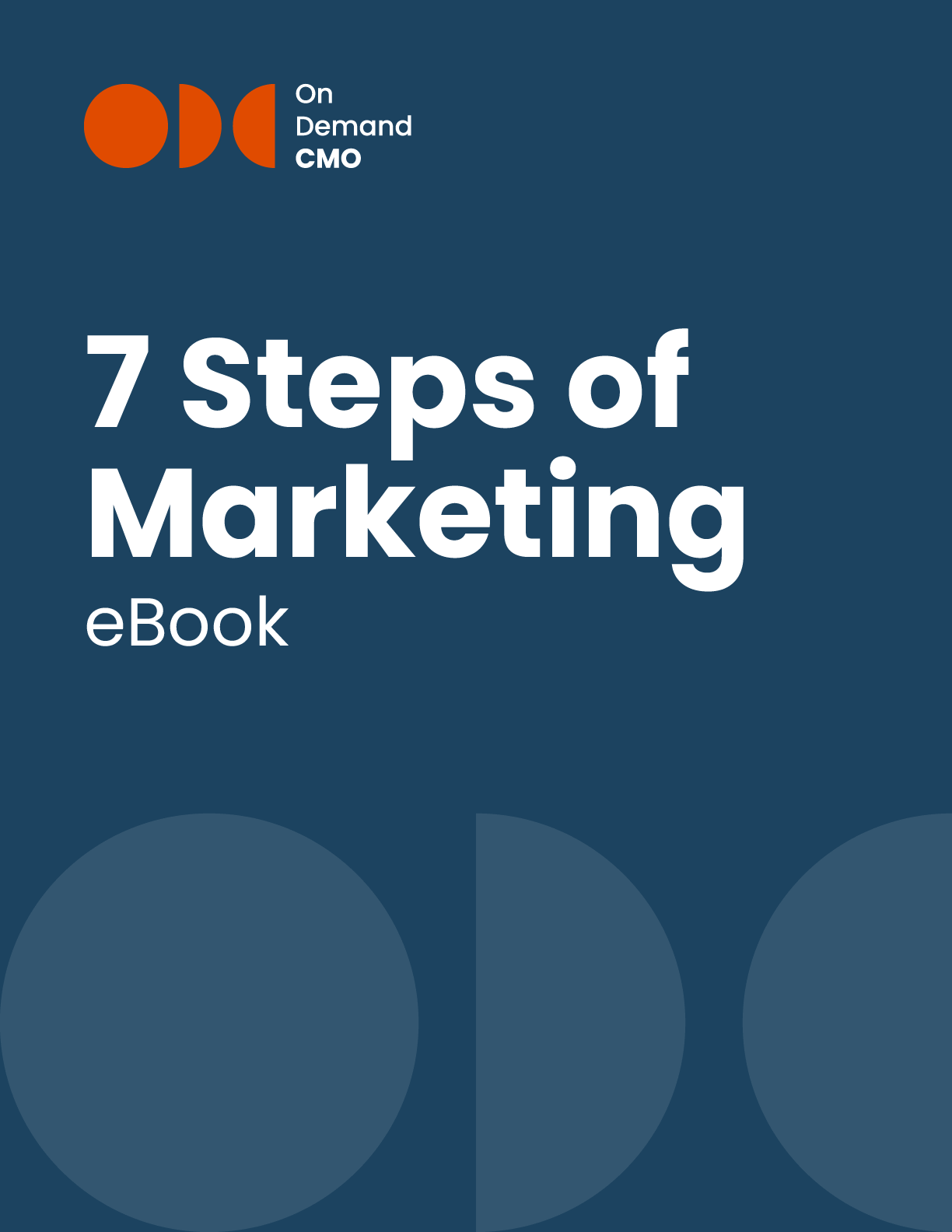
by Steve Facini
In Arthur Miller’s famous play “Death of a Salesman”, the main character, Willy Loman, is a salesman trying to reach the American dream. He is a man obsessed with trying to become sucessful, or at least happy, but he encounters many unforeseen problems that lead to his tragic death.
Now, almost 70 years later, due to advancements of new disruptive marketing technologies, the livelihood of salespeople is under attack, presenting challenges that could lead to their premature deaths, if they don’t adapt. Why do I say this? Well, research (particularly in the B2B space) has shown that approximately 70% of the buying process is completed prior to the prospect ever speaking to a salesperson. So, if your job is to generate leads and build relationships, what should you be doing if 70% of the process is happening without any human interaction? This behavioral shift is having a profound impact on the role of salespeople – their daily tasks are being replaced by sophisticated software and algorithms-often marginalizing them and calling into question corporate compensation models.
What is Automated Marketing?
Though there are many definitions, the one I like is: “Marketing automation is the use of software to automate marketing processes such as customer segmentation, customer data integration, and campaign management. The use of marketing automation makes processes that would have otherwise been performed manually much more efficient, and makes new processes possible. Marketing automation is an integral component of customer relationship management.” Source: SearchCRM
Essentially, marketing automation combines disparate customer acquisition and retention channels to conform to your company’s conversion funnel.
Any company’s purchase cycle will span multiple touch points. For instance, a customer may find your company through search. They may decide to ‘like’ your company’s Facebook page and then come back to your site to read a recently shared blog article. Your blog content may convince them to become an email subscriber. So, automated marketing helps connect multiple touch points and marketing channels including social media, email marketing, and content marketing. One of the core goals of automated marketing is to nurture prospects for the long-term, which mean focusing on goals beyond direct sales.
Automated marketing can also help your company test different variables like email send times, subject headings, and ideas for personalization. It can integrate marketing channels to deliver a comprehensive, cross-platform user experience making sure that every touch point is carefully planned for conversion optimization.
Technology has now taken us to a place where the role of the salesperson is less critical within the sales process because computers and algorithms can easily replicate what salespeople have or have not been doing more effectively and certainly, more cost efficiently. And since this new operating environment will continue, the role of a salesperson must evolve into a customer experience or satisfaction manager and away for a lead generator or ‘”hunter”. Businesses are also realizing that the old compensation models or “grid system” no longer make financial sense, especially since they are the ones generating leads through their Automated Marketing program. And as we know, compensation is typically a company’s greatest expense.
If sales reps want to stay relevant and avoid the fate of Willy Loman, they will need to embrace and co-exist with the new world of Automated Marketing and continue to evolve their skill sets. One action step could be they work more closely with their marketing colleagues and better understand the capabilities and limitations of the Automated Marketing platform. Filling the gap is where they can add value, solve customer problems and continue to thrive.
I would enjoy hearing your perspective on this evolving marketplace dynamic. You can contact me at [email protected]
Our short assessment is designed for leaders who want clarity, not noise. See how your current marketing strategy aligns with your growth goals and where focused adjustments could make the biggest impact.

OnDemandCMO has authored 7 Steps of Marketing, the only marketing guide book you’ll need to either get your marketing started properly, or stay on track strategically.
It features best practices on branding, messaging, social media, lead generation and much in between.
Please let us know who you are, and we'll share a few of our secrets (we don't sell or trade your info)!